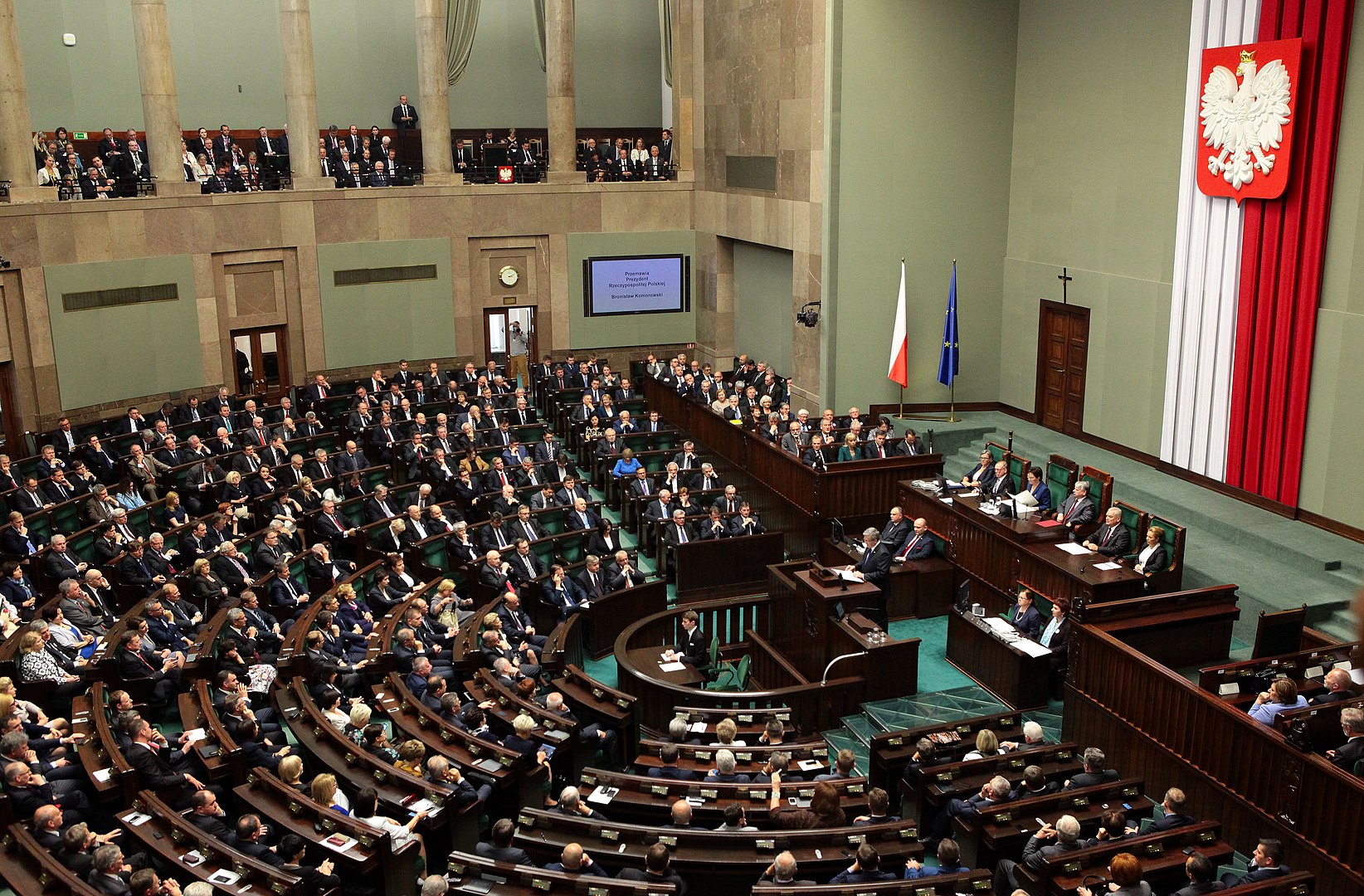The term “accidental drop-out” is the rhetoric Brussels bureaucrats are using to shirk responsibility for a potential Polexit. In much the same way that Brexit was a deliberate crime and could in no way be considered an administrative “misunderstanding,” those pushing Poland to the brink are directly responsible for any scenario in which Poland leaves the union.
Recently, relations between Warsaw and the EU have deteriorated dramatically after the Polish Constitutional Court — insulting Brussels to its core — ruled that the domestic constitution took precedence over EU law.
It would be inconsequential in this situation to browse through paragraphs of legal codes in search of who is right, as this is not simply a heated debate over the interpretation of a legal concept.
The future of the EU is at stake. It has namely to do with Brussels’ centralization efforts to create the legal basis for the so-called United States of Europe, a scheme sharply opposed by conservative governments, notably Hungary and Poland, which are pushing for a return to the concept of sovereign nation states.
The United States of Europe idea is an anathema to conservatives because the EU member states are sovereign states, but the EU itself is not. For example, it is not a unified, independent actor in the international arena. After all, EU actors have not been able to come to terms even on issues such as the recognition of Kosovo, because Slovakia, Romania, Spain, Greece, and Cyprus still consider Belgrade to be a former province, mostly inhabited by Albanians, and the other member states treat it as an independent entity. Even the introduction of the euro is not enough to support the idea of an EU recognized as its own state, as it is not the currency in several EU countries.
It is a gross paradox that an organization that is neither a nation nor a democracy believes that it has supremacy over national law. It is based on a desire for extreme power without accountability to anyone. Each member of the EU is democratically organized but belongs to an increasingly powerful entity removed from the messy business of the concepts it portends to uphold.
The European community’s voters did not vote for European Commission President von der Leyen to take office and have no right to remove her. Brussels has made an iron ring out of wood: it declares that EU law is paramount, but sovereign over the member states. In other words, it is forcing the politicians of the member states to be hypocrites. The question now is how many nation-state politicians, in addition to Hungarian and Polish leaders, will be willing to tolerate this contradiction.
The pro-centralization parties have already been given a big slap in the face when, this spring, the German Constitutional Court ruled in a case concerning the European Central Bank’s bond-buying program that German laws take precedence over EU law. Although the Polish and German cases have the same basis — who has the final say in legal and legislative matters — the decision of the Karlsruhe body is still treated as a technical matter in Brussels.
If this is not a political witch hunt against Poland, then what is it?
It will be difficult for the parties to come to an understanding in the Polish-EU dispute. Neither side wants the conflict to end with a loss of face. For Brussels, the latter would mean suicide, because not only Warsaw and Budapest, but also Ljubljana, Vienna and, to some extent, Copenhagen and Stockholm are beginning to question Brussels’ dominance, and if the nation-state “virus” continues to spread, it could exacerbate internal EU alliance disputes.





